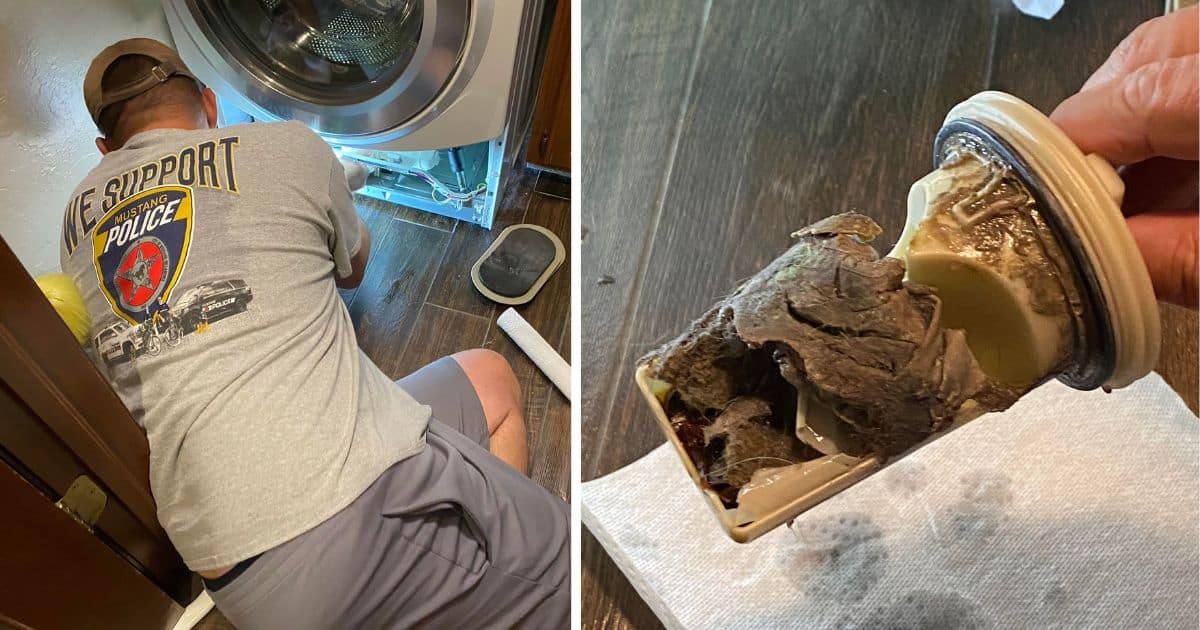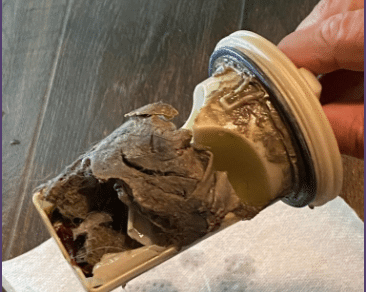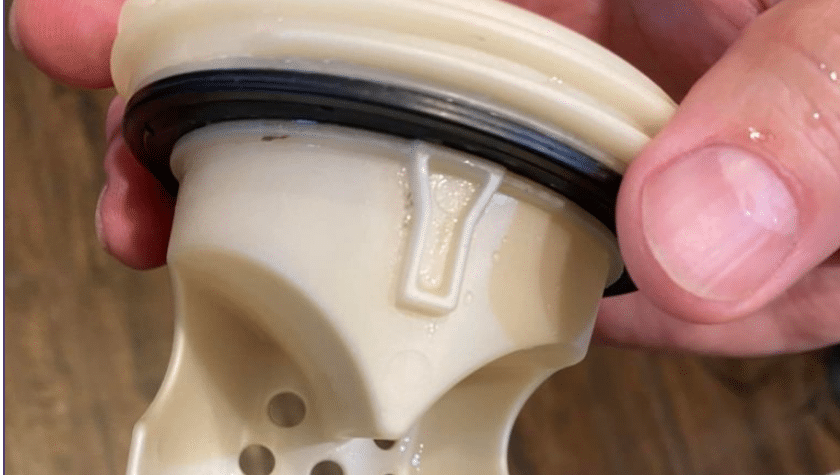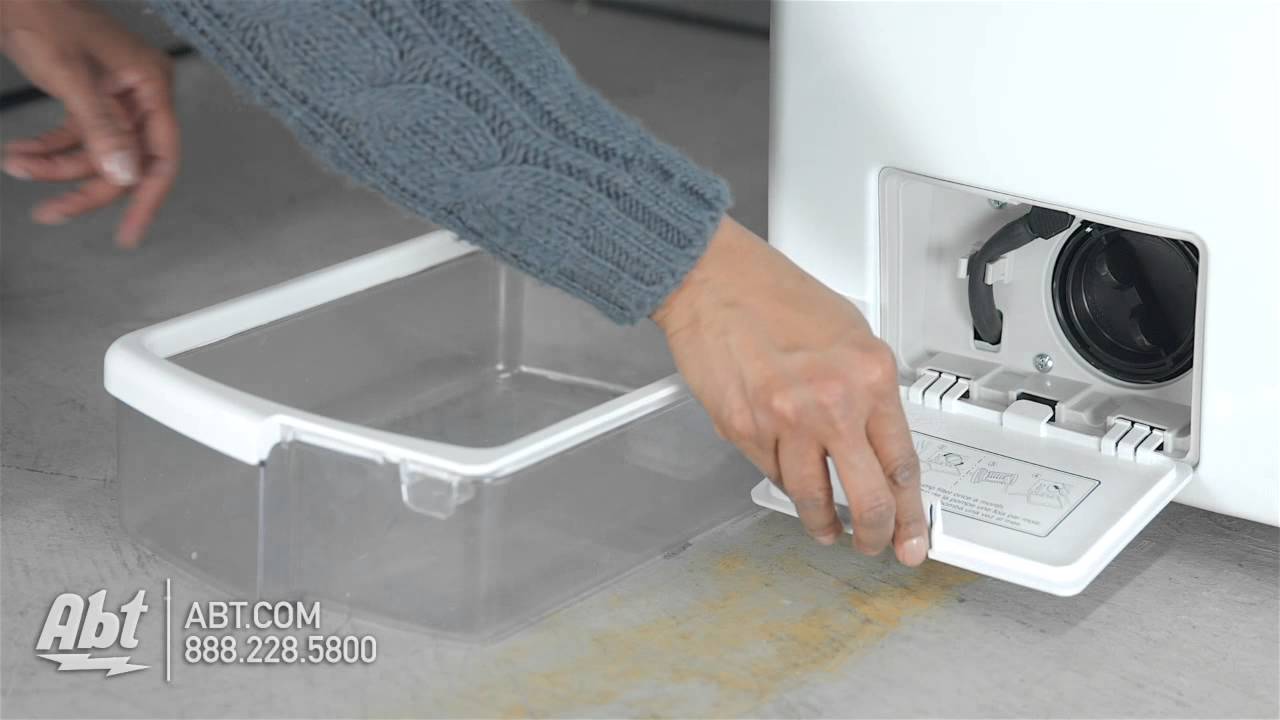Keeping clothes clean and fresh has been a priority since we started wearing them. With countless fresheners, softeners, and cleaning boosters available, it’s frustrating when laundry still comes out smelling less than ideal.

Why Your Laundry Might Not Smell Fresh
There are several reasons your laundry may not smell as clean as expected. One of the most common is leaving clothes in the washer for too long, leading to mildew growth.

The Overlooked Culprit: Your Washing Machine Drain
A less obvious but equally important factor is your washing machine drain. Over time, lint, debris, and other small particles can clog the drain, leading to lingering odors. According to Jeniffer Smith, founder of Urban Home Corner, the drain trap is designed to catch these particles before they enter the plumbing system, but if left uncleaned, it can impact the freshness of your laundry. She recommends cleaning the drain periodically to maintain optimal washing performance.

How to Locate and Clean the Drain
To find your washing machine’s drain, consult the user manual—often available online in PDF format.
• For front-loading washers, the drain trap is typically located at the front, near the bottom.
• For top-loading washers, it may be at the back or front and might require a drain snake for thorough cleaning.
Once located, remove the trap and scrub it gently with a brush or cloth. After cleaning, run an empty hot water cycle to flush out any remaining debris before washing clothes.
Other Reasons Your Laundry Smells Bad
While a dirty drain is a common culprit, other factors can also contribute to unpleasant odors:
• Fabric Softener Buildup: Over time, fabric softeners leave a coating on clothes that can trap odors, making them smell worse instead of better.
• Excess Detergent: Using too much detergent can create excess suds, preventing proper agitation and leaving a residue that traps dirt and bacteria.
• Overloading the Washer: When the machine is packed too full, water and detergent can’t circulate properly, resulting in poorly washed clothes.
Bacteria and Mold Growth in the Washing Machine
Just like the drain, the washing machine itself needs regular cleaning. Bacteria and mold can accumulate inside the drum, leading to musty-smelling laundry.
Tips for Keeping Laundry Fresh
1. Dry clothes promptly to prevent mildew from forming.
2. Leave the washer door open after use to allow airflow and prevent mold buildup.
3. Occasionally wash clothes in hot water to remove lingering odors and sanitize both clothes and the machine.
4. Use a homemade washer cleaner by mixing:
1 cup water
1 cup white vinegar
2 tablespoons rubbing alcohol
20 drops of lemon and tea tree essential oils
Alternatively, a stronger solution can include 1 ½ cups rubbing alcohol, ¾ cup water, and 15 drops of lavender and lemon essential oils. Let the mixture sit before wiping it away.Bleach can also be used, but always follow label instructions.
The Bottom Line
For consistently fresh-smelling laundry, regular maintenance is key. Cleaning the drain, washing machine, and avoiding detergent and softener buildup can make a significant difference. Whether using store-bought sanitizers or natural DIY solutions, keeping your washing machine in top condition is the best way to ensure your laundry smells as fresh and clean as possible.

